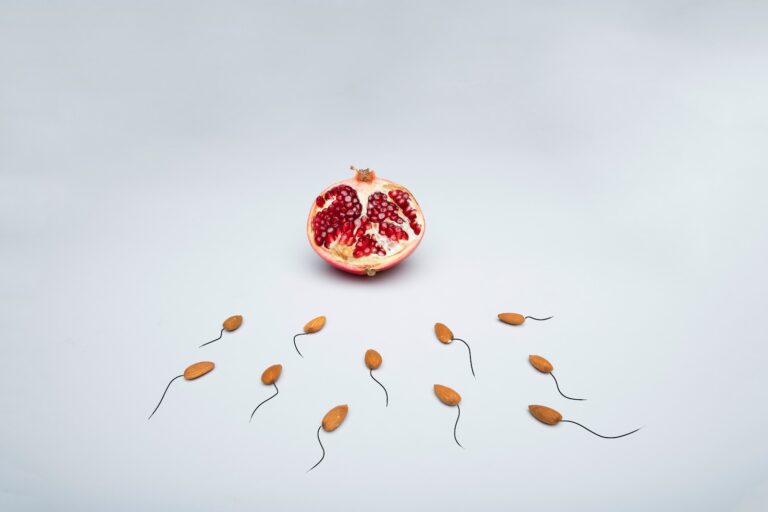Pregnancy is a very exciting time. However, it can also cause pain during sexual intercourse. This is mainly due to the uterus stretching and becoming heavier.
A woman’s genital tissues can also become engorged due to increased blood flow. Adding lubricant and trying different positions can help ease this discomfort.
Increased Blood Flow
Many women confuse implantation bleeding with a period because it happens at the same time of the month and it can look like menstrual blood, ACOG notes. But there are some differences: The spotting is usually lighter in color and doesn’t include any clots, while menstrual bleeding has a more consistent, heavier flow.
Your cervix is also going through major changes during pregnancy, including developing extra blood vessels that can rupture and cause bleeding, ACOG adds. This is why spotting and light bleeding can happen during sex or as a result of other activities such as a pelvic exam.
If you do see clots in your vaginal bleeding, it’s a good idea to call your doctor, Shepherd says. They may suggest a procedure called dilation and curettage to remove any tissue from the uterus. Bleeding during a miscarriage isn’t uncommon, but you should only get medical help if you see a lot of blood or if the pain lasts more than an hour.
In addition to spotting and bleeding, you can expect other symptoms that make sex less pleasant, such as a swollen stomach and nipples and tenderness around your uterus and breasts. But these are all common and shouldn’t cause you concern unless they get worse.
Weight Gain
During the nine months of pregnancy, women can expect to have sore backs, tender nipples and other uncomfortable side effects. Many women also experience painful intercourse. The reasons for this vary by trimester, but they typically include a combination of physical and hormonal changes.
During implantation, a woman’s round ligaments stretch, which can cause pain during sex. Round ligaments are cordlike structures in the pelvis that connect the front of the uterus to the groin area. During pregnancy, these can become more pronounced due to the added weight of the baby, which makes it harder for the woman to move around.
Another reason for painful sex during pregnancy is a fuller-than-usual bladder, which can put pressure on the vagina and make sexual activity more difficult or uncomfortable. This is more common during the second trimester, when hormones cause a more frequent need to urinate.
A fuller bladder can also lead to a drier vagina, which can lead to pain during sex. Lubrication can help to alleviate this problem. Changing positions may also be helpful. For example, a woman who finds it hard to hold her stomach during missionary can try switching to a different position. In addition to these physical and hormonal changes, a woman can experience pain during sex because she’s worried about the health of her baby. This stress can make sex less enjoyable for both partners.
Anxiety
There are a lot of emotional and physical changes that occur during pregnancy. For some women, these changes can feel overwhelming. This can include feelings of anxiety. For example, some women may worry about hurting their baby during sex or feel self-conscious about the baby hearing things (semen doesn’t carry sound past the uterus). Stress and anxiety can also make it uncomfortable to perform sexually.
Other factors that can cause pain during sex during pregnancy include the hormone changes in the body. These hormonal fluctuations can often make the nipples and breasts sensitive and sore, making sex uncomfortable. In addition, the uterus will often stretch throughout pregnancy, leading to pain as it becomes larger. This can also lead to decreased lubrication, which can also increase discomfort during sex.
If you’re experiencing anxiety during pregnancy, try to talk about it with your partner and consider therapy. Psychological therapies, such as relaxation training and cognitive behavioral therapy, can be helpful. In addition, lifestyle shifts can help ease anxiety symptoms. This includes getting enough sleep, exercising regularly, eating a healthy diet, and practicing relaxation techniques, such as meditation and acupuncture. In severe cases, medication can also be helpful.
Ovulation Pain
There are some women who feel abdominal pain around the time of ovulation. This pain occurs when the ovary is preparing to release its egg and can be due to ligament changes or hormone levels. The pain may be mild or severe and can last for up to 48 hours. If the pain is severe, accompanied by bleeding, or lasts longer than usual it’s important to see a doctor right away.
Ovulation pain is usually felt in the lower abdomen and pelvis and tends to be on one side of the body. This is because only one ovary releases an egg each month. It’s important to note any cramping and when it happens (using an app like Flo helps) so you can figure out if the pain is related to ovulation or implantation.
Implantation pain is different from ovulation pain because it’s only felt when a woman actually conceives. The ovulation pain usually maxes out in about 24 hours, but implantation pain can last up to two days or more. This is because the uterus needs to stretch even more to support the growing baby. Luckily, as the pregnancy progresses the pain should subside.
See Also:



